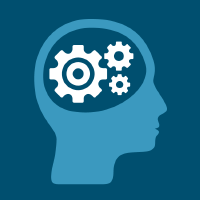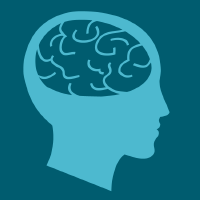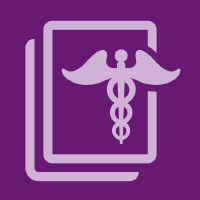Topic Editors


2. San Raffaele Cassino Hospital, 03043 Cassino, Italy
New Advances in Addiction Behavior

Topic Information
Dear Colleagues,
Addictions present a complex challenge, given that they involve crucial behavioral and psychological aspects. In the effort to address this, a large body of literature has highlighted the importance of unearthing the motivations underlying the development and maintenance of addictions, emphasizing the need for a dual approach that is both cognitive and emotional. In this context, interdisciplinary research emerges as a key element useful for understanding the topic of “addiction”, beginning with neuro-genetic, neuro-biological, neuro-psychological, and social roots.
The goal of this Topic is to highlight individualized prevention and intervention techniques in order to raise awareness, as well as prevent and challenge the development and maintenance of addiction with integrated and innovative approaches. As such, we welcome contributions related to the application of advanced technologies, such as artificial intelligence (AI) and machine learning (ML), that can advance the understanding of addiction-related behavioral patterns. Tools such as these will not only help identify early signs of addiction but also provide new approaches for personalized therapeutic intervention.
Dr. Emanuela Mari
Dr. Laura Piccardi
Dr. Alessandro Quaglieri
Topic Editors
Keywords
- behavioral addiction
- substance addiction
- disorder
- prevention
- psychopathology
- personalized interventions
- emotional dynamics
- interdisciplinary research
- artificial intelligence
- machine learning
Participating Journals
| Journal Name | Impact Factor | CiteScore | Launched Year | First Decision (median) | APC | |
|---|---|---|---|---|---|---|

Behavioral Sciences
|
2.6 | 2.6 | 2011 | 21.5 Days | CHF 2200 | Submit |

Brain Sciences
|
3.3 | 4.8 | 2011 | 15.6 Days | CHF 2200 | Submit |

European Journal of Investigation in Health, Psychology and Education
|
3.2 | 4.4 | 2011 | 20.1 Days | CHF 1400 | Submit |

Healthcare
|
2.8 | 3.5 | 2013 | 19.5 Days | CHF 2700 | Submit |

Journal of Clinical Medicine
|
3.9 | 5.7 | 2012 | 17.9 Days | CHF 2600 | Submit |

MDPI Topics is cooperating with Preprints.org and has built a direct connection between MDPI journals and Preprints.org. Authors are encouraged to enjoy the benefits by posting a preprint at Preprints.org prior to publication:
- Immediately share your ideas ahead of publication and establish your research priority;
- Protect your idea from being stolen with this time-stamped preprint article;
- Enhance the exposure and impact of your research;
- Receive feedback from your peers in advance;
- Have it indexed in Web of Science (Preprint Citation Index), Google Scholar, Crossref, SHARE, PrePubMed, Scilit and Europe PMC.


